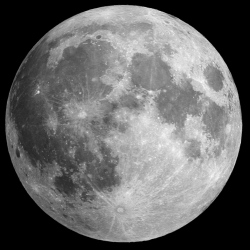
The Apollo space programme engaged America’s best minds to put a man on the Moon in the Cold War. The academics say a similar effort is needed to make renewables cheaper than coal within a decade in what they call the biggest scientific challenge of the century. Such a project has been mooted in the past, but always failed.
The group of experts call their project Global Apollo. They say they have generated interest from major nations in their plan for an investment of 0.02% of their GDP into research, development and demonstration (RD&D) of clean electricity. Their report, launched at London’s Royal Society, says on current projections the world will exceed the 2C danger threshold of climate change by 2035.
The academics are led by the UK’s former chief scientist Professor Sir David King. He told BBC News: “We have already discovered enough fossil fuels to wreck the climate many times over. There’s only one thing that’s going to stop us burning it, and that’s if renewables become cheaper than fossil fuels. “Under our plan, we are aiming to make that happen globally within a decade.”
Another of the authors, former Cabinet Secretary Lord O’Donnell, told BBC News: "People never believed we could put a man on the Moon – but we did. People don’t believe we can solve climate change – but we have no choice."
The report says: "We are talking about a crisis more serious than most major wars. This is the biggest scientific challenge of the 21st Century. Let us show we have the collective intelligence to understand and overcome the danger that faces us.”
